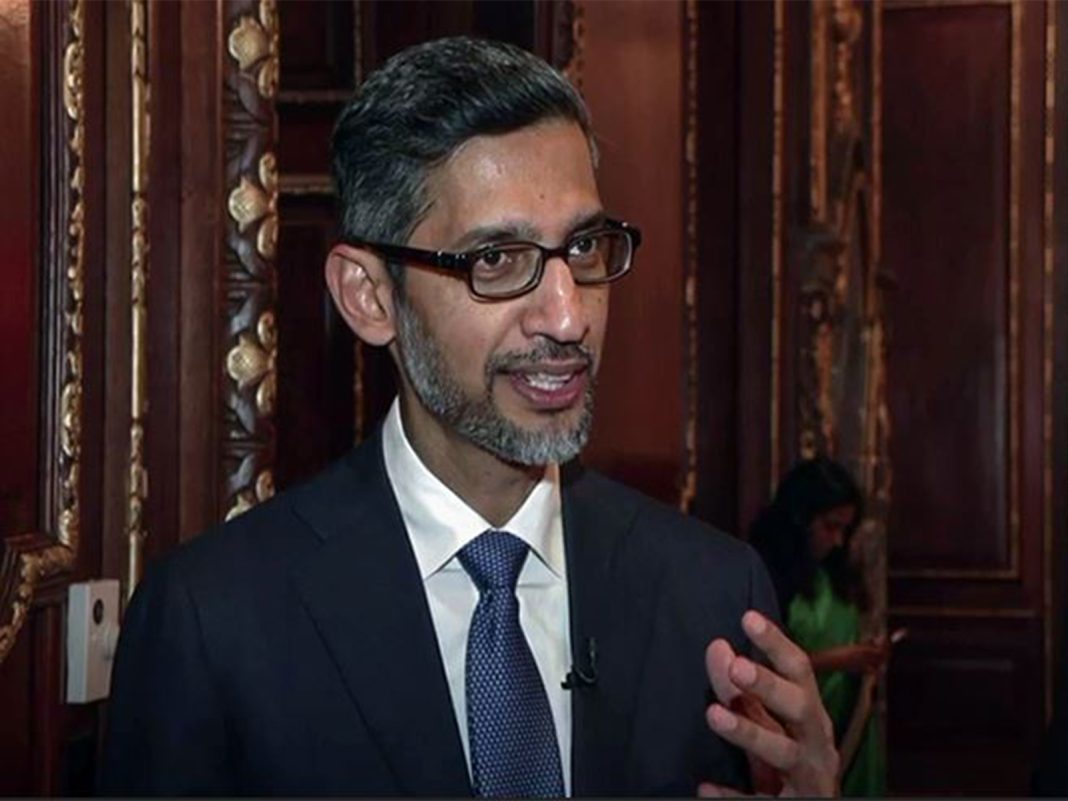Key Takeaways
- Google CEO Sundar Pichai warns AI tools can make mistakes and shouldn’t be blindly trusted
- He compares current AI investment to early internet days, acknowledging both rational and irrational elements
- Pichai believes AI will transform jobs but create new opportunities for those who adapt
Alphabet CEO Sundar Pichai has openly acknowledged that today’s leading AI technologies still make errors, urging users to combine them with other tools rather than trusting them blindly.
In an exclusive BBC interview, Pichai described AI as valuable for creative writing tasks but emphasized the need for critical thinking. “Learn to use these tools for what they’re good at, and not blindly trust everything they say,” he cautioned.
AI’s Limitations and Google’s Position
Pichai stated that despite Google’s efforts for accuracy, “the current state-of-the-art AI technology is prone to some errors.” When asked about potential AI bubble concerns, he admitted no company would be immune, including Google.
However, he highlighted Google’s advantage in owning a “full stack” of technologies—from chips to YouTube data and frontier science—positioning the company to better withstand AI market turbulence.
AI Investment Landscape
Pichai compared the current AI investment climate to the early internet era, noting: “There was clearly a lot of excess investment, but none of us would question whether the internet was profound. I expect AI to be the same.”
His comments follow similar warnings from JP Morgan CEO Jamie Dimon, who recently told the BBC that while AI investment would pay off, some money poured into the industry would “probably be lost.”
Workforce Transformation Ahead
Pichai called AI “the most profound technology” humanity has developed, predicting significant societal disruptions alongside new opportunities.
“It will evolve and transition certain jobs, and people will need to adapt,” he said, adding that those who embrace AI tools “will do better” across all professions from teaching to medicine.
The Google CEO concluded that success in any field will increasingly depend on learning to effectively use AI tools rather than resisting technological change.




